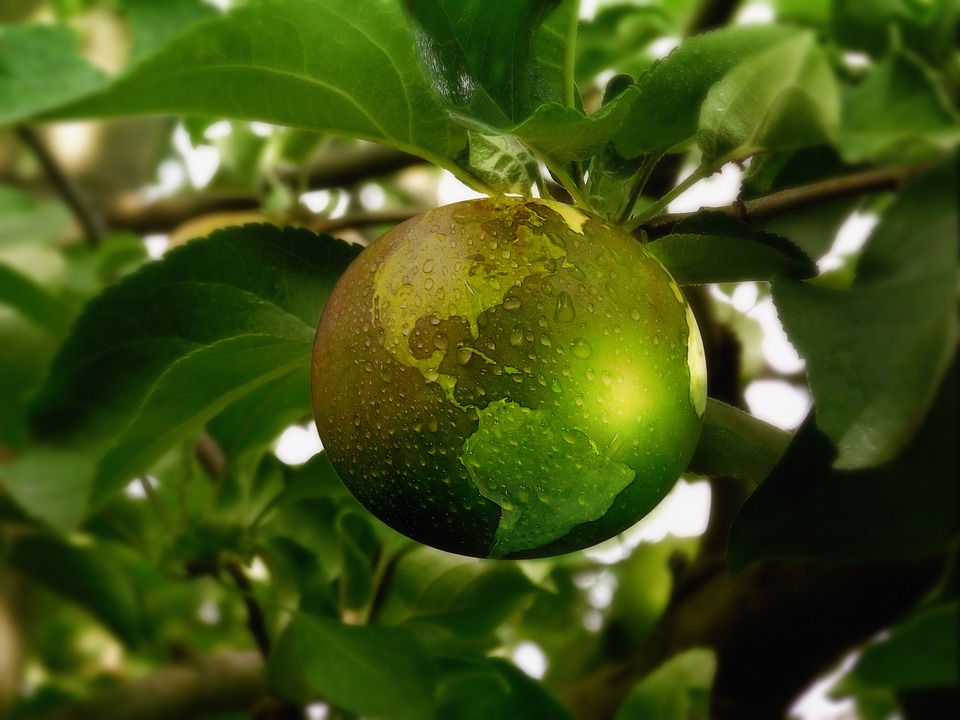
To recognize Earth Day on Sunday, April 22, U of G News highlights researchers working on protecting and preserving Earth. They are available for media interviews.
Prof. Merritt Turetsky, Department of Integrative Biology
Climate Change and Wildfires
An ecosystem ecologist, Prof. Merritt Turetsky investigates the impact of climate change on the Canadian landscape, including the incidence of wildfires.
She says climate change causes wildfires to burn longer and more intensely, leading to higher carbon dioxide emissions. She recently discussed a new study that found total carbon emissions from wildfires are dropping worldwide but not in Canada. Turetsky says climate change is causing more severe wildfires in this country, and that active fire suppression leads to more severe fires, contributing to higher emissions.
She says more severe wildfires harm forest soil, making it difficult for coniferous trees to grow and for forests to regenerate.
Thawing Arctic Permafrost
Turetsky studies the impact of methane gas produced by thawing Arctic permafrost, including how climate change affects methane release. As part of a recent study, she found more methane is being produced than previously thought.
She also investigates how peat fires affect human health and the environment.

Holder of the Canada Research Chair in Integrative Ecology, Turetsky studies plant ecology, biogeochemistry and global change, including how biological communities and nutrient cycling control soil and water quality and atmospheric emissions to affect the climate system.
Contact: mrt@uoguelph.ca
Prof. Jennifer Silver, Department of Geography
Fisheries Policy and Licensing in Canada’s Pacific Fisheries
Prof. Jennifer Silver studies how the federal Department of Fisheries and Oceans manages commercial fisheries off British Columbia’s coast.
Her research is timely, as legislation to amend the federal Fisheries Act is currently tabled in Parliament. If the legislation passes, it will broaden the fisheries minister’s mandate to include consideration of Indigenous rights, coastal community economic well-being and cultural values in fisheries management and decision-making.
Digital Technology and the Environment
Silver also explores how digital technology affects news about environmental change. She is investigating how traditional news media, digital journalism and universities produce and circulate information about major environmental issues.

She studies aquaculture in North America, particularly contemporary approaches and perspectives in seafood production, consumption and regulation, and relationships among Indigenous Peoples, government, NGOs and companies.
Contact: j.silver@uoguelph.ca